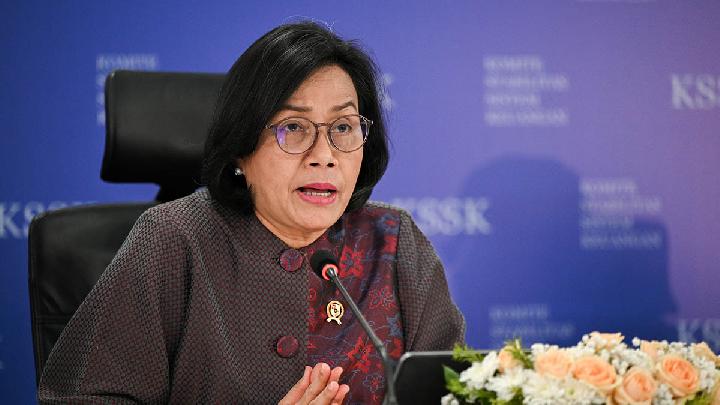Indonesia Introduces New Tax Rules for Crypto Marketplaces
By
Calder Monroe
Last updated:
August 13, 2025
First Published:
December 2, 2025

A significant move toward structured crypto taxation
The Directorate General of Taxes in Indonesia has released new guidelines for how crypto marketplaces and asset traders must collect and remit income tax. The announcement marks another step in the government’s effort to establish clear regulatory frameworks for the rapidly expanding digital asset sector.
Criteria for platforms and traders
Under the updated rules, e-commerce platforms and crypto exchanges are required to meet specific criteria before they can collect taxes on behalf of the government. This includes proper registration, compliance with reporting standards, and the implementation of transparent transaction tracking systems.
Strengthening oversight of the digital economy
Authorities believe that clearer tax obligations will help reduce illegal activities such as unreported earnings and money laundering within the crypto space. The policy also aims to ensure that the government can capture revenue from an industry that has seen exponential growth in trading activity.
Impact on local and international players
The new framework applies to both domestic and foreign-operated platforms serving Indonesian customers. This move may influence how global exchanges approach operations in Indonesia, as compliance will be mandatory for continued access to the country’s growing market of crypto investors.
A signal of maturing regulations in Southeast Asia
Indonesia’s tax reforms reflect a broader regional trend of governments tightening oversight of cryptocurrency trading. By formalizing tax collection processes, the country positions itself as a more secure and regulated market, potentially attracting responsible investors and institutional interest.
Popular articles
Subscribe to unlock premium content
Disney’s Timeless Magic and How the Entertainment Giant Continues to Shape Culture and Innovation

Imran Khan’s Economic Missteps Amid Political Chaos in Pakistan

The Philippines’ Digital Shift How Remittances and BPO Are Fueling Growth

Disney’s Timeless Magic and How the Entertainment Giant Continues to Shape Culture and Innovation

Imran Khan’s Economic Missteps Amid Political Chaos in Pakistan

Disney’s Timeless Magic and How the Entertainment Giant Continues to Shape Culture and Innovation









